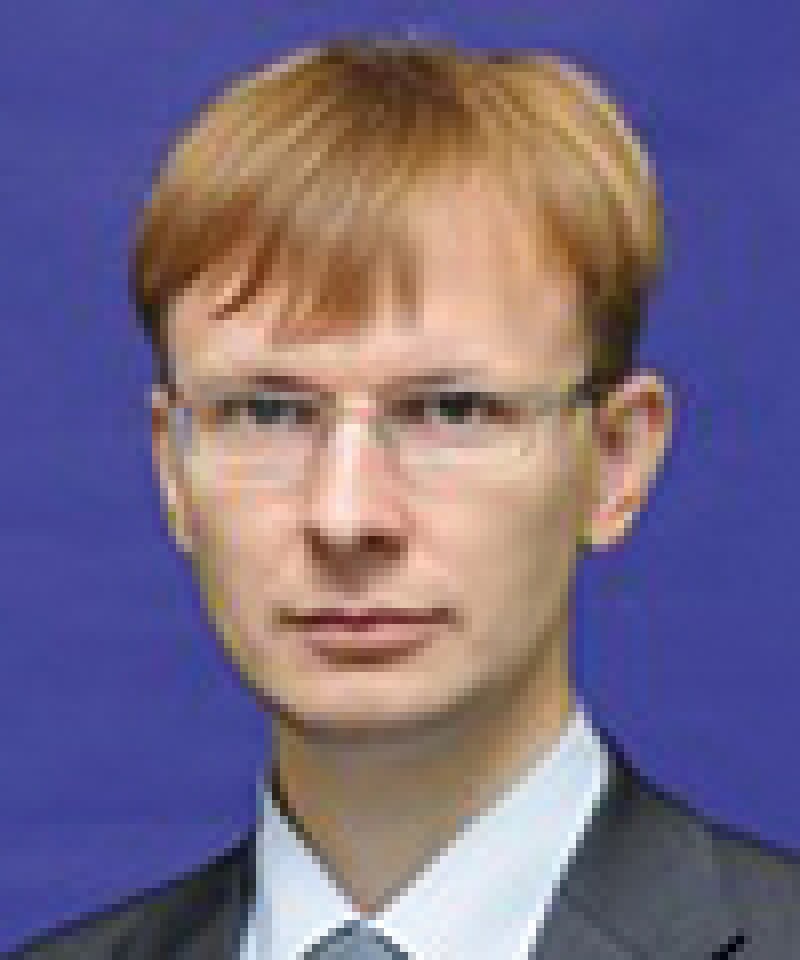
|

|
|
Anton Zykov |
Alexander Grinko |
Since the Supreme Commercial Court's ruling on November 15 2011 in the Severny Kuzbass case, Russian commercial courts have widely adopted the OECD Model Convention, commentaries on the articles of the Model Convention, and reports adopted by the OECD Council, as the basic framework documents that set out the general principles and approaches to avoiding double taxation.
To clarify the economic substance of entities in chains of business transactions, commercial courts – based on the report Double Taxation Conventions and the Use of Conduit Companies – now widely accept the conduit company concept when making rulings. The doctrine helps to identify:
who the economic owner of income is: who has the actual right to decide what will be done with the income received, rather than who the legal owner is;
who the actual lender is in intra-group financing transactions with chains of loans and sub-loans; and
what the actual aim is: to carry out business activities, or primarily to obtain unjustified tax benefits by using a conduit company.
Key exposures
Tax exposure has increased as information exchange between the Russian Federation and other countries has substantially improved. Russian tax authorities can now get most of the documentation they need to discern the substance of entities in a chain.
For an entity to be considered as a conduit company, the commercial court has to define what functions and risks accompany that business's activities in its role in the chain of business transactions, and clarify whether there are sound business reasons for its participation in the chain, discerning whether or not the transactions or payments could have been made directly (that is, without the conduit company).
As such, the courts can consider an entity a conduit company when:
it has no economic substance (for example, it owns no assets except the assets it uses to transfer intra-group profits, pays minimum amounts of local tax, has minimal account balances, the minimum charter capital, and no economic actions that relate to its country of residence);
it was established for just one or a group of typical deals or transactions conducted by a group of companies (for example, purely for funding and allocating funds or for lending money to companies in the group), or the company is used simply to facilitate money transfers (for example, more than 50%, 90% or even 100% of all payments received are transferred to companies in other jurisdictions after a short period of time);
the company's management has no distribution powers over the income received or powers to make decisions to sell the assets they possess, or the essential terms and conditions of deals concluded are settled by other companies in the group (for example, the interest rates in loan and sub-loan agreements are supervised to comply with threshold restrictions on deductible expenses stipulated in the Russian Federation's Tax Code); and/or
if agreements signed between parent companies, subsidiaries, and sub-subsidiaries can be considered as single contracts proving that the company is used only to channel benefits to the actual economic owners.
The courts may additionally take into consideration other facts (for example, the same people are managing the different companies in the chain of deals; contracts between subsidiaries, sub-subsidiaries and third parties being signed in the parent company's head office, among others).
Onus on the taxpayer
In light of recent tax rulings and changes to the law (including, for example, the enforcement of 'de-offshorisation' legislation), the burden of proof in Russia's commercial courts rests primarily on the taxpayer. Structuring deals in the correct way, and preparing the proper evidence, is essential.
As such, to mitigate the risks, early checking procedures are required. The economic substance and function of intermediary subsidiaries must be proven, and evidence must be provided supporting this. If there is any non-tax purpose to setting up an entity in a particular jurisdiction (for example, access to capital markets, specific currency regulations, political situations, or use of the intermediary country's 'flag'), it too must be proven.
Anton Zykov (azykov@kpmg.ru) and Alexander Grinko (agrinko@kpmg.ru), Moscow
KPMG in Russia and the CIS
Tel: +7 (495) 937 44 77
Website: www.kpmg.ru









